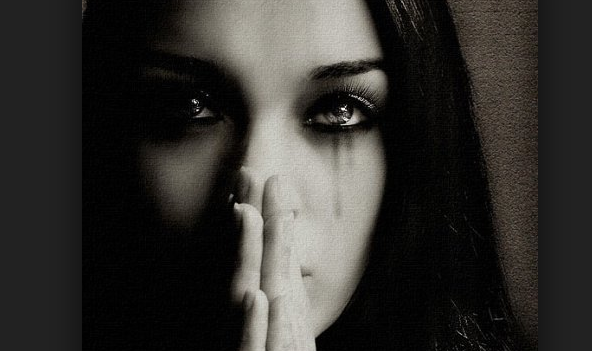Anyone who claims abortions do not affect women’s mental health is selectively editing the evidence to fit their views.
Numerous studies in recent decades have linked abortions to increased risks of suicide, depression and other mental health problems. However, mainstream news outlets frequently ignore these findings, and abortion activists sometimes deny their very existence.
One recent study received a lot of publicity for making the opposite claim, that laws restricting abortions are linked to increased suicide rates. The authors at the University of Pennsylvania and Penn Medicine looked at state pro-life laws and compared them with suicide rates among young women. They asserted that the suicide rate was about 5 percent higher in states where abortions were restricted.
Their findings, however, were “extremely flawed” – so much so that political scientist Thomas Kelly, of Columbus, Ohio, urged the JAMA Psychiatry journal to retract the study.
Writing at The Federalist, Kelly said a huge chunk of data was missing from their research, data that is available through the Centers for Disease Control (CDC). Without it, he said the “pattern of missing data leads to a biased overestimate of suicide rates.”
He said the researchers also failed to consider other factors that may have contributed to the higher suicide rates.
HELP LIFENEWS SAVE BABIES FROM ABORTION! Please help LifeNews.com with a donation!
Kelly wrote:
“The authors’ basic strategy was to look at the suicide rates of young women by state and year and compare them to abortion restrictions across states and years. They find that the presence of laws that impose regulatory burdens on abortion providers is associated with a 5 percent higher suicide rate for young women for the period 1976-2016. They show a similar increase in suicide rates using a weighted index of abortion policy for the period 2006-2017. Because the authors find no relationship between abortion restrictions and suicide among older women nor with motor vehicle deaths, they reason it’s likely that restricting abortion increases suicide among young women who might wish to receive one.”
One of the big problems, Kelly found, was missing data. In some states, he said the researchers did not have any suicide data after 1989, even though most state pro-life laws passed after that year. This led to exaggerated suicide rates, he said.
Another problem was their failure to consider other factors linked to suicides. Kelly continued:
“Since conservative states are more likely to restrict abortion, other factors associated with conservative politics could be responsible for the apparent relationship between suicide and abortion restrictions. White Americans are more Republican than average and more suicidal than average. The authors do not control for the percent of the state population that is white, although they do control for the share of the population that is black.”
Many factors can lead to increased suicide rates, and the study failed to show that pro-life laws were to blame. However, there is strong evidence that one or more abortions increases a woman’s risk of suicide, substance abuse, anxiety/depression and other mental health problems.
One study in the British Medical Journal found a suicide rate nearly six times higher among women who had abortions compared to women who gave birth.
Another 2005 study, “Injury deaths, suicides and homicides associated with pregnancy, Finland 1987-2000” in the European Journal of Health, found similar results. Following 463,473 women who became pregnant between 1980 and 2004, researchers found that women who had abortions were more likely to die within 10 years after their abortions than women who carried to term. Suicide was a common cause of death for these women.
Other research from David C. Reardon, of the Elliot Institute, compared the outcomes of 173,000 American women who became pregnant and either had abortions or carried their babies to term after eight years. Reardon found that women who aborted their unborn babies were 154 percent more likely to commit suicide than women who gave birth.
Other research has linked abortion to an increased risk of mental health problems, including anxiety, depression and substance abuse.
Personal testimonies also shed light on the pain and regret many later feel after aborting their unborn babies. In a recent interview with CBN, Kimberly Smithers said she began doing drugs and tried to commit suicide several times after her abortion.
“It made me feel dead inside,” she said. “I felt terrible.”
Years later, Smithers said Jesus changed her life and she finally began to heal and forgive herself for her unborn child’s abortion death.








